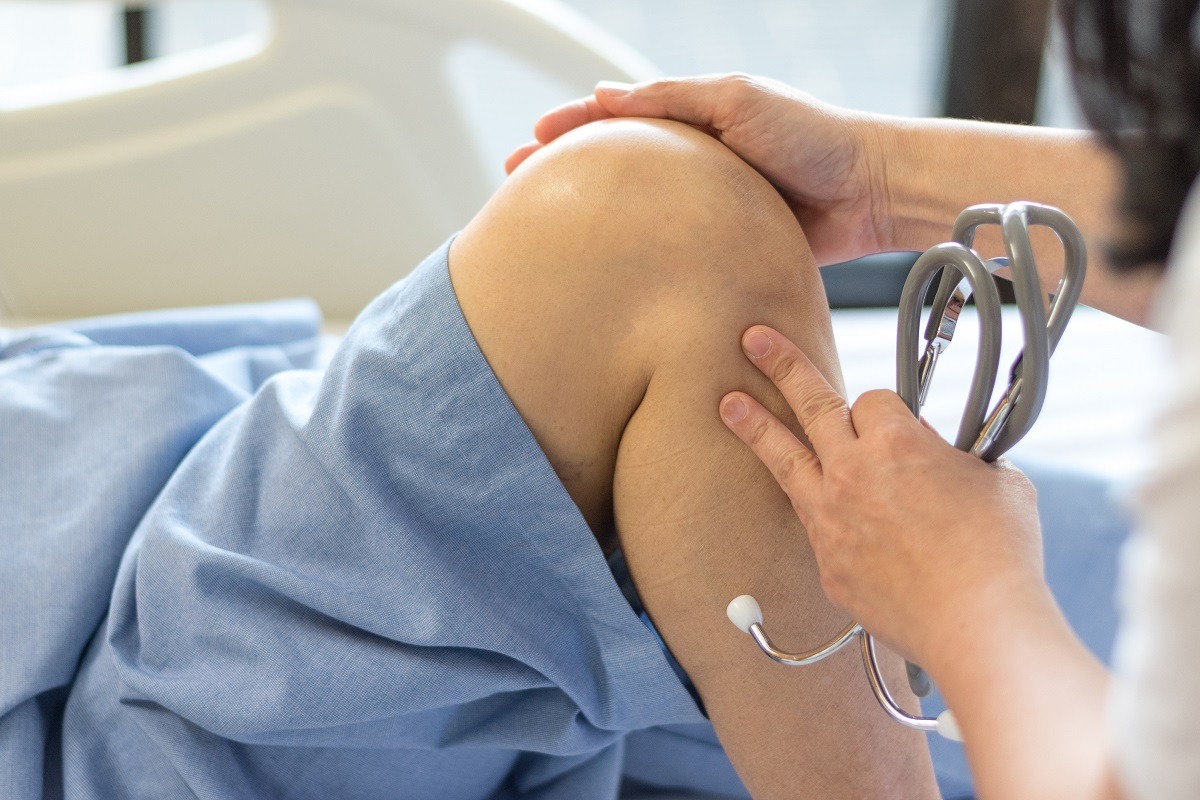
Jumping knee: symptoms, diagnosis and treatment of patellar tendinopathy
Patellar tendinopathy, commonly referred to as ‘jumping knee’, is an injury to the tendon that connects the patella to the tibia
Particularly harmful to athletes, it is caused by the stress of repeated jumping, which eventually damages the patellar tendon.
If the body is unable to heal the micro-trauma, pain ensues and the athlete must stop.
The intensity of training and the type of surface the athlete lands on can also play a role in the development of tendinopathy; a hard surface increases the risk of this condition.
Symptoms of patellar tendinopathy
Pain is commonly associated with the jumper’s knee.
When performing movements that involve knee extension, such as jumping and kicking, discomfort may be experienced that may increase during physical activity.
Pain can also occur outside of gyms and on hardwood floors and can affect daily activities, such as climbing stairs.
Patellar tendinopathy: remedies
If pain occurs, it is advisable to stop the physical activity that caused it and apply ice to the affected area.
Taking an analgesic medication can help relieve the symptoms, but physiotherapy is essential.
Stretching with exercises that involve lowering the leg after knee extension is also very important.
The recovery time depends on the effectiveness of stretching and physiotherapy, as well as the degree of tendon distress.
If the injuries are not particularly severe, rest and physiotherapy will shorten recovery time.
In the meantime, alternative forms of exercise can be practised, such as cycling or swimming, which do not require jumping and are beneficial for muscle health.
If the specialist deems it necessary, physical treatments, such as echo-guided focal shockwave therapy, can be opted for.
If these methods are unsuccessful, surgery may be an option.
Surgery in the case of patellar tendinopathy requires making small cuts in the affected tendon, removing the pathological tissue and possibly also associating biological therapies to facilitate the healing process.
Preventing jumping knee with stretching
Stretching is an important factor in preventing patellar tendinopathy.
Strong leg muscles can help support the knee from excessive force, and the right shoes can also contribute to this.
Taking breaks between training sessions is another effective strategy for prevention, especially for amateur athletes who have more leeway to manage their activity.
Read Also
Emergency Live Even More…Live: Download The New Free App Of Your Newspaper For IOS And Android
Work-Related Musculoskeletal Disorders: We Can All Be Affected
Arthrosis Of The Knee: An Overview Of Gonarthrosis
Varus Knee: What Is It And How Is It Treated?
Patellar Chondropathy: Definition, Symptoms, Causes, Diagnosis And Treatment Of Jumper’s Knee
Symptoms And Causes Of Patella Chondropathy
Unicompartmental Prosthesis: The Answer To Gonarthrosis
Anterior Cruciate Ligament Injury: Symptoms, Diagnosis And Treatment
Ligaments Injuries: Symptoms, Diagnosis And Treatment
Knee Arthrosis (Gonarthrosis): The Various Types Of ‘Customised’ Prosthesis
Rotator Cuff Injuries: New Minimally Invasive Therapies
Knee Ligament Rupture: Symptoms And Causes
MOP Hip Implant: What Is It And What Are The Advantages Of Metal On Polyethylene
Hip Pain: Causes, Symptoms, Diagnosis, Complications, And Treatment
Hip Osteoarthritis: What Is Coxarthrosis
Why It Comes And How To Relieve Hip Pain
Hip Arthritis In The Young: Cartilage Degeneration Of The Coxofemoral Joint
Visualizing Pain: Injuries From Whiplash Made Visible With New Scanning Approach
Coxalgia: What Is It And What Is The Surgery To Resolve Hip Pain?
Lumbago: What It Is And How To Treat It
Lumbar Puncture: What Is A LP?
General Or Local A.? Discover The Different Types
Intubation Under A.: How Does It Work?
How Does Loco-Regional Anaesthesia Work?
Are Anaesthesiologists Fundamental For Air Ambulance Medicine?
Epidural For Pain Relief After Surgery
Lumbar Puncture: What Is A Spinal Tap?
Lumbar Puncture (Spinal Tap): What It Consists Of, What It Is Used For
What Is Lumbar Stenosis And How To Treat It
Lumbar Spinal Stenosis: Definition, Causes, Symptoms, Diagnosis And Treatment


